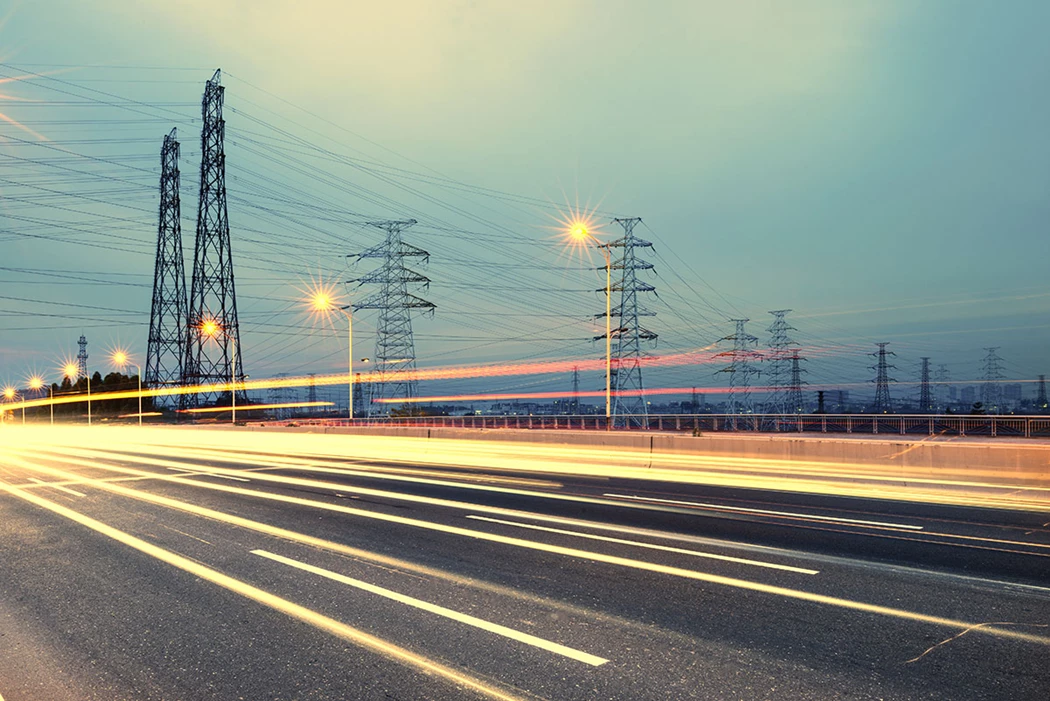World Powers Meet on Nuclear Deal After Iran Hardliner Win
(Bloomberg) -- World powers meet Sunday in Vienna in their first attempt to revive a nuclear deal with Iran following the Islamic Republic’s election of a new president.
While Ebrahim Raisi’s win is not expected to derail efforts to return the U.S. to the accord, the change in administration in Tehran has complicated diplomacy. The Persian Gulf nation’s president-elect is himself subject to sanctions imposed by the U.S. in 2019, and Iran insists they must be removed as part of an agreement to revive the accord.
Iran Elects r as Nuclear Talks Enter Critical Phase
Iran’s lead negotiator Abbas Araghchi signaled that no breakthrough was imminent in this sixth round of talks since negotiations began two months ago. Diplomats will return to their capitals for additional consultations, and clear differences remain that will require yet another round of negotiation, Araghchi said in a statement on Telegram.
Failure to clinch a deal this week means that focus shifts to June 24. That’s when a temporary monitoring pact expires with International Atomic Energy Agency inspectors. Iran said last week it was open to prolonging that side agreement as long as progress continued to reviving the broader deal.
The talks aim to bring the U.S. back to the 2015 pact after former President Donald Trump withdrew from it three years later. A resuscitated accord would lift sanctions on Iran’s struggling economy and allow it to return to global oil markets, in return for limiting its contentious nuclear work.
Negotiators had originally sought to seal a deal before Friday’s election but now want to ensure work is concluded before outgoing President Hassan Rouhani hands over power to Raisi in August. The feud over the agreement, which includes China, France, Germany, Russia and the U.K., has pushed the region close to war and Tehran to enrich uranium near the level required for a bomb.
Ultraconservative judiciary chief Raisi, who is hostile toward the West, has said he would preserve the nuclear deal that Rouhani helped seal and has suggested he doesn’t want to make it Iran’s central foreign policy concern. In comments on Saturday after results showed him on course to win the election, he suggested he would work for continuity with Rouhani’s team.
Iran’s policy toward the agreement is ultimately decided by Supreme Leader Ayatollah Ali Khamenei. Raisi -- who was sanctioned in 2019 by the Trump administration over his role in a deadly 2009 crackdown on protesters alleging vote fraud -- is seen as a favorite to eventually succeed him.
(Adds sanctions in the second paragraph, Iranian envoy in the third and IAEA in the sixth)
More stories like this are available on bloomberg.com
©2021 Bloomberg L.P.
KEEPING THE ENERGY INDUSTRY CONNECTED
Subscribe to our newsletter and get the best of Energy Connects directly to your inbox each week.
By subscribing, you agree to the processing of your personal data by dmg events as described in the Privacy Policy.
More utilities news

Germany’s Record-Beating Stocks Head for Further Gains in 2025

Equinor takes FID on UK’s first carbon capture projects at Teesside

BMW, Mercedes Add New Executives as Carmakers Tackle Crisis

Thames Water CEO Steers Away From Break Up After Covalis Bid

Germany Expecting Tight Power Conditions as Wind Output Falls

Nuclear Power Not Cost-Effective in Australia, Science Body Says

Vancouver Mayor Proposes Using Bitcoin in City Finances

Thames Water Gets £5 Billion Takeover Bid From Covalis

Lithium Powerhouse Chile Eyes New Lithium Extraction Methods
















